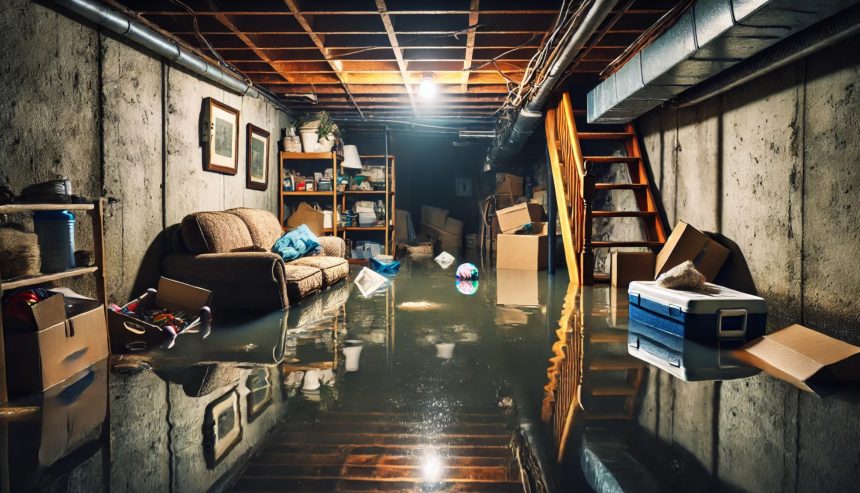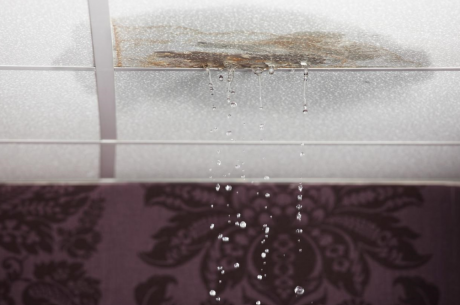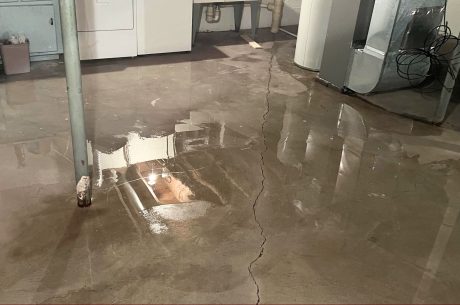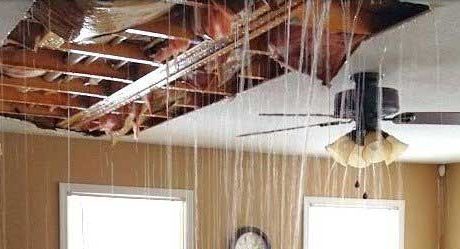Table of Contents
Quick Basement Flood cleanup Service in New Jersey
If you’re dealing with a flooded basement in New Jersey, you know how urgent it is to act quickly. Floodwaters can damage flooring, walls, and valuable belongings, while also creating the perfect environment for mold growth and other hazards.
That’s why our Quick Basement Flood Cleanup Service is here to help—providing a fast, effective response to minimize damage and get your home back to normal as soon as possible. In this post, we’ll cover the essential steps in a rapid basement cleanup, the risks of delaying action, and how our expert team can restore your space safely and thoroughly.
What causes flooded basements in New Jersey Homes?
Flooded basements can be caused by various factors, and understanding the underlying issues can help in preventing future flooding.
Here are some of the most common causes:
Heavy Rainfall:
Intense storms or prolonged rainfall can overwhelm drainage systems and cause groundwater to seep through basement walls or floors.
Poor Drainage Systems:
Inadequate drainage around a home, like poorly placed gutters, downspouts, or grading issues, can lead to water pooling around the foundation and eventually seeping into the basement.
Sump Pump Failure:
Sump pumps are essential for keeping basements dry, especially in areas prone to high water tables or frequent rain. When a sump pump fails, either due to mechanical issues or power outages, the risk of flooding rises.
Foundation Cracks:
Small cracks in basement walls or floors can let water seep through, especially during heavy rains. Over time, these cracks can widen, allowing even more water to enter.
Sewer Backups:
A clogged or overwhelmed sewer line can push wastewater back up into the basement, which not only causes flooding but also introduces health hazards and contamination.
High Water Table:
In some areas, the natural groundwater level (water table) is close to the surface. When the water table rises due to rainfall, it can infiltrate basements without proper waterproofing.
Burst Pipes:
Cold temperatures or age-related wear can cause pipes to burst, flooding the basement with clean or sometimes contaminated water.
Snowmelt:
In regions with significant snowfall, the thawing snow can increase the groundwater level, leading to basement flooding, especially in early spring.
Steps to take when you need Quick Basement Flood cleanup Service in New Jersey
When faced with a basement flood in New Jersey, taking swift action can minimize damage and prevent long-term issues. Here’s a quick guide to the essential steps you should take:
1. Ensure Safety First
Turn off Electricity: Water and electricity are a dangerous combination. If water levels are high, do not enter the basement until you’ve shut off the power or contacted a professional.
Avoid Contaminated Water: If the floodwater is from a sewer backup or could be contaminated, avoid direct contact, as it can pose serious health risks.
2. Stop the Water Source
Identify and Control: If the flooding is from a burst pipe or appliance, turn off the water supply immediately.
Address Sump Pump Failures: If a sump pump failure is causing the flood, try resetting the pump or using a backup if available.
3. Contact a Quick Basement Flood Cleanup Service
Reach Out Immediately: The sooner you call a professional cleanup team, the less extensive the damage will be. Local services in New Jersey can respond quickly, ensuring prompt water extraction and mitigation.
Ask for a Damage Assessment: Trained professionals can assess the extent of water damage and identify any structural risks, mold potential, or electrical hazards.
For Fast Basement flood cleanup in New Jersey – Call PuroClean Emergency Recovery Services New Jersey on (877) 750-7876
4. Remove Water and Begin Drying
Water Extraction: Professionals use pumps and specialized vacuums to remove standing water quickly.
Dehumidification: Industrial-grade dehumidifiers and air movers are used to speed up drying and prevent mold growth.
5. Dispose of Contaminated Items
Separate Salvageable from Unsalvageable: Items like carpets, furniture, and drywall that have been soaked may need to be disposed of if they’re beyond repair.
Document the Damage: Take photos and make a list of damaged items, which can be helpful for insurance claims.
6. Prevent Future Flooding
Inspect and Repair: Professionals can help identify what caused the flood, such as foundation cracks, drainage issues, or sump pump failures, and recommend repairs.
Install Preventive Measures: Consider adding waterproofing solutions, like sealing cracks, installing a backup sump pump, or adjusting the grading around your home.
By following these steps and working with an experienced flood cleanup service, you can ensure your basement is safely restored and protected against future flooding.
Call Us for Basement Flood cleanup
Our team at PuroClean is committed to providing round-the-clock emergency response services. No matter the time of day or night, when you call (877) 750-7876, our experts will be there to assess the situation and take immediate action.




 PuroClean Emergency Fire, Water and Mold Damage Restoration New Jersey
PuroClean Emergency Fire, Water and Mold Damage Restoration New Jersey